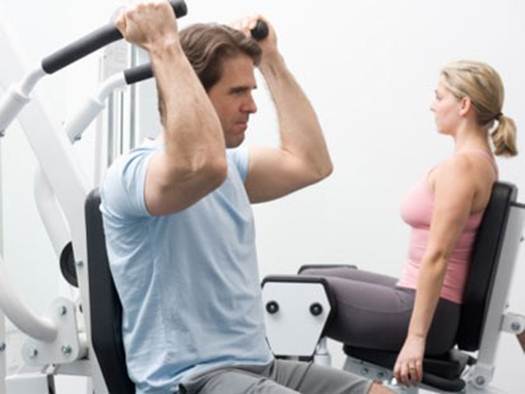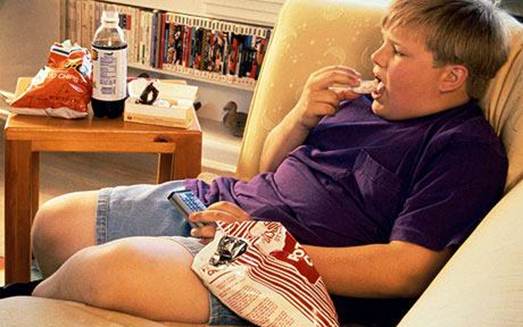Karen Weir, 39, is a running and triathlon
coach
My health rules
I’m no angel, I just don’t do anything to a
damaging level. You won’t find me binge-drinking or loading up on fast food.
The 80:20 rule is another way to look at it. Eighty per cent of the time you’re
good, the other 20 you can be a bit more relaxed.

One
thing I do to extremes, by most people’s standards, is exercise
One thing I do to extremes, by most
people’s standards, is exercise – but it’s my livelihood and my love, and I’ve
completed two Iron mans and eight marathons. In my late 20s, I went on a
learn-to-run course, built up to a 10K and was hooked. My first marathon, in
2003, took me four hours 44 minutes. Now I’m targeting 3.20, so I’m proof you
can discover exercise long after school.
A typical week involves running four times
(six, if marathon training), one or two bike rides and one or two swims. Then
there are client sessions: I don’t just watch, I take part, too – I wouldn’t be
much of a trainer if I couldn’t do what I ask my clients to.
My current goal
I’m training for a South African ultra-marathon,
Comrades, next summer. I’m running to raise money for Missing People
(justgiving.com/runwithkarenforayear), a charity which offers support for
people whose loved ones have disappeared. It’s 87km, so I’m doing four marathon
between now and then in preparation.
My new favourite tip
Don’t be fooled by the barefoot, or
forefoot, running trend. Anyone can run: the skill is not in what shoes you do
or don’t wear, it’s in being efficient and not wasting movement. A running
coach – not a fancy new shoe – can help tweak your style, maximize fitness and
minimize injury.
If you do nothing else…
Set goals that scare you a bit. If you’re
not in awe of the task ahead, you won’t make the necessary changes to achieve
it. You’re more motivated if you don’t know what to expect.
runwithkaren.com; @runwithkaren
The Doctor
DR Gemma Newman, 30, is a GP and
family-planning expert
My health rules
Obesity is the biggest crisis facing the
NHS, but it’s no use me telling patients that if I’m carrying extra pounds
myself. So I have to practice what I preach and stay a healthy weight. Aged 21,
I was a fourth-year medic who weighed 83kg (13st 1lb) – my BMI was borderline
obese. The weight had just crept on and one day I saw a photo of myself and
realized that I’d let things get out of control.

Obesity
is the biggest crisis facing the NHS
Exercise did wonders for my weight, stress
and energy. It helped me cope with life as a junior doctor and get to my
current 65 kg (10st 3lb) with a healthy BMI. I avoided diet clubs and fads in
favour of mindful eating: slowing down, not eating on the hop, paying attention
to hunger cues.
My current goal
Since having my son, Max, ten months ago,
I’ll admit I’ve found it hard to get back to exercise. I was a kickboxing blue
belt, but these days I don’t have time to go. It’s always my goal to run more.
Then again, I’m active running around after Max, and I took care not to ‘eat for
two’ during pregnancy, so the weight dropped off steadily and naturally.
My new favourite tip
I’m convinced the future will involve
finding ways to control hunger hormones – in particular, leptin. Leptin helps
us feel full, but certain things lower levels (eg lack of sleep) or stop it
working properly (e.g sugary foods or being overweight), making us more likely
to overeat. Help yours by getting enough sleep and limiting your intake of
processed, sugary foods.
If you do nothing else…
Stop crash dieting! It’s bad for you,
psychologically and physically. Ask yourself: “Could I do this long term
without feeling malnourished or deprived?” If not, you should expect to regain
all the weight you’ve lost and more once you stop.